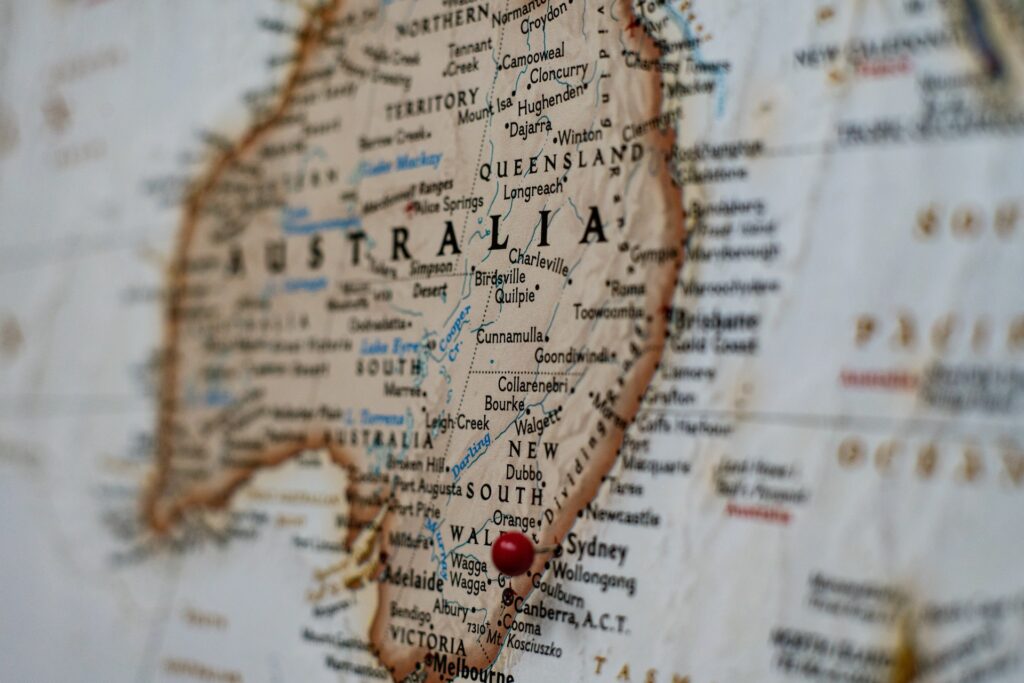
Arriving in a new country to study can be a daunting task. We have gathered some important information for you so you can set yourself up for success.
Please feel free to reach out to our team ([email protected]) any time – we are here for you every step of the way.
Click any of the menu items below for more information.
Health insurance for international students
Generally, everyone with a Subclass 500 Student Visa needs OSHC (Overseas Student Health Cover). Condition 8501 on the Department of Home Affairs website says, “You must have and maintain adequate health insurance for the whole of your stay in Australia.” Currently, students from Belgium, Norway or Sweden do not need OSHC.
OSHC is designed to meet your visa’s criteria and covers you as long as your premiums are paid, and you’re enrolled as a full-time student. When you take out OSHC, the insurer will email you a confirmation certificate which you must attach to your visa application.
Find out more and explore your options here.
OSHC and length of stay for Student visas.
International student work rights
International students have the same workplace rights and protections as anyone else working in Australia.
Here’s what you need to know before starting to work in Australia:
- You must be paid at least the minimum wage
- You must pay tax on your income
- You must receive a payslip
- From 1 July 2023, you can work up to 48 hours every fortnight during term time (unless you are a PhD and master’s by research student) and unlimited hours during your holiday breaks.
- If you were already working in the aged care sector on 9 May 2023, you can continue to work unrestricted hours until 31 December 2023.
- Casual work means you don’t have a fixed number of hours every week.
How to apply for a Tax File Number (and why you need to)
A Tax File Number (TFN) is your personal reference number used for the Australian tax and superannuation systems. This essentially means that everyone working within Australia needs a TFN.
You cannot file your tax returns online with the Australian Taxation Office (ATO) if you do not have a TFN.
Find more information on your TFN here.
Learn how to apply for your TFN here.
What is an ABN and how to apply
If you’re planning to start a business in Australia, whether it’s based at home or elsewhere, you’ll require an ABN, which stands for Australian Business Number. An ABN is an 11-digit identifier that distinguishes your business from the government, other businesses, and the public. It’s unique to your business and places you on the official register of Australian businesses.
Having an ABN simplifies doing business in several ways. It makes interactions with suppliers, clients, and government agencies, including the Australian Taxation Office (ATO), more straightforward because it allows them to identify your business readily.
Learn more about ABNs here.
Learn how to get your ABN quickly here.
What is a myGov account, and how do you get one
MyGov is a simple and secure way to access government services online in one place.
When you create a myGov account, you can link to Medicare, Centrelink, Child Support, and a range of other government services.
How to use myTax on myGov site to lodge your own tax
The income year runs from 1 July to 30 June. Most people need to lodge a tax return between 1 July and 31 October. If you need to complete a tax return, you need to either lodge it or engage with a registered tax agent by 31 October.
You can lodge a tax return online, with a tax agent, or by paper.
MyTax, the ATO’s online service, is the fastest way to lodging a tax return. You can access myTax in your ATO online services account through myGov or the ATO app.
Find out all you need to know here.
What to do at tax time?
Explore the Government Tax Help Program – this service is free and helps eligible people earning $60,000 or less lodge their tax returns online.
How to fill out a tax declaration form for an employer
You will need to complete a tax file number (TFN) declaration so your payer can determine how much tax to withhold from their payments.
Find out more here.
Renting in Australia – RTA
The Residential Tenancies Authority (RTA) looks after the laws that protect the rights and responsibilities of tenants and landlords/agents.
The RTA provides information on rules and steps to follow before, during and after you sign a lease. Know your rights and responsibilities as a tenant, find out what a rental bond is and more here.
RACQ service for car or motor vehicle breakdowns
If you own or drive a car or motor vehicle, having this number on hand in the case of a breakdown is super important – call 3 1111 (24/7)
* Please note that this is a paid service *
Find out more here.



